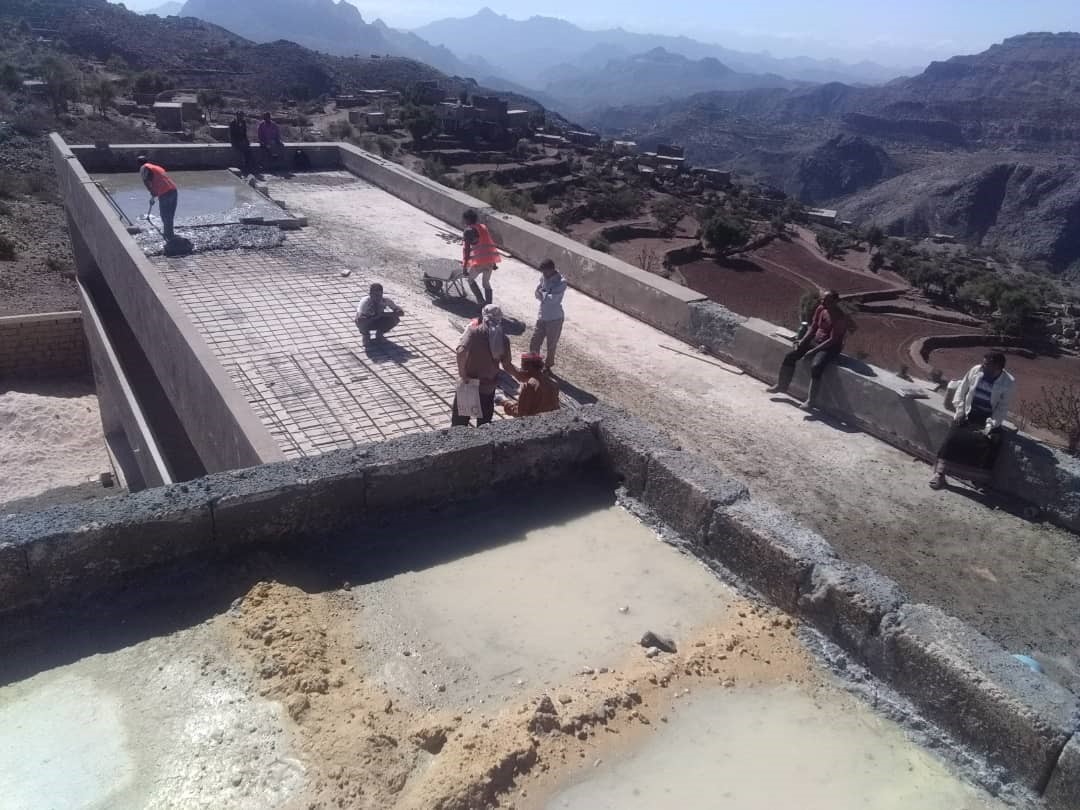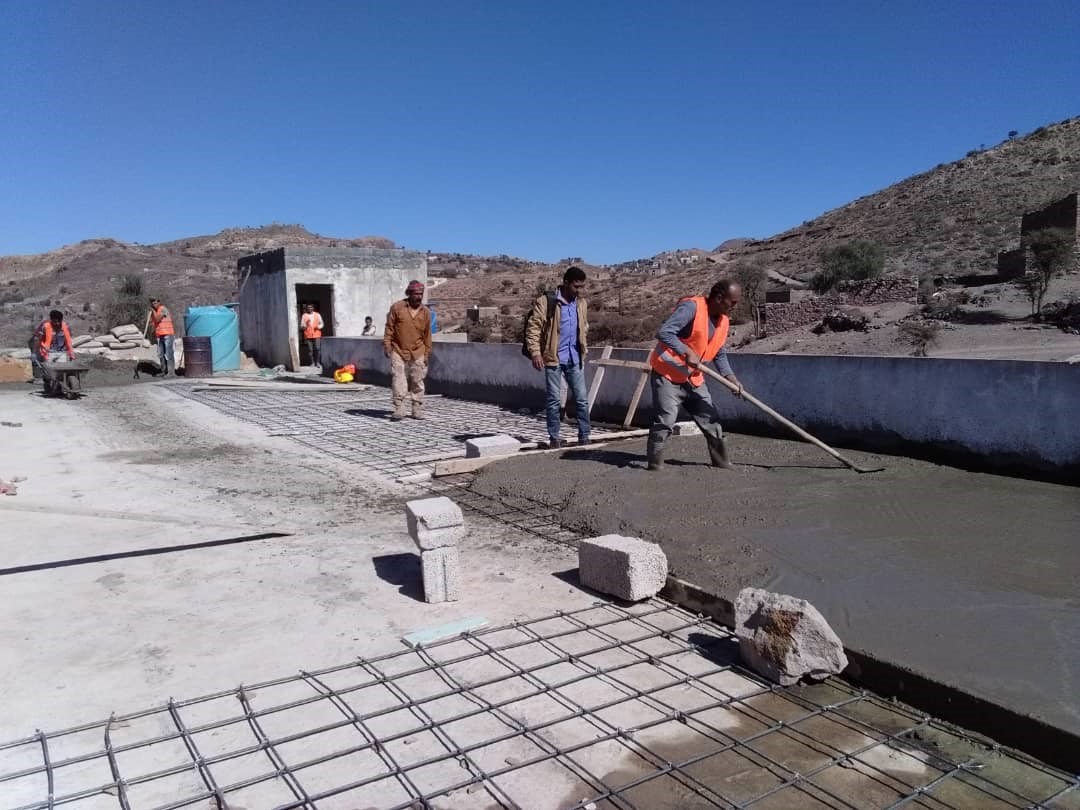More than six years of conflict, severe economic deterioration, and the destruction of infrastructure in Yemen have had a negative impact on children’s education and wellbeing. More than 2 million school-age girls and boys are out of school. And nearly 8.1 million school-aged girls and boys need Education in Emergencies (EiE) assistance.
One-third of all schools across the country are not operational. A total of 2,507 schools are reported destroyed, damaged, and/or utilized for non-educational purposes. Like many other schools across the country, classrooms in Abdo Moqbel school, which is located in Bani Khalaf village of the Jihaf, a district in Yemen’s Al Dhale governorate, are decrepit. The doors and the windows are broken and the roof and walls have huge cracks. During rainy days, rainwater fills the classes, forcing teachers to stop the classes.
“The decrepit roof could have collapsed at any moment while students were in class,” says 40-year-old Ali Hassan Ismail, principal of Abdo Moqbel school. “We were concerned about students’ safety, so we used to run the classes in the schoolyard. Students used to study under trees in hot weather.”
The learning environment is supposed to be safe and fun for children. Most schools that are still functioning in Yemen need support in the form of facilities rehabilitation, teaching supplies, furniture, and teachers’ incentives. The lack of basic educational infrastructure like equipped classrooms is devastating both the education system and the chances of millions of children to access schooling.

